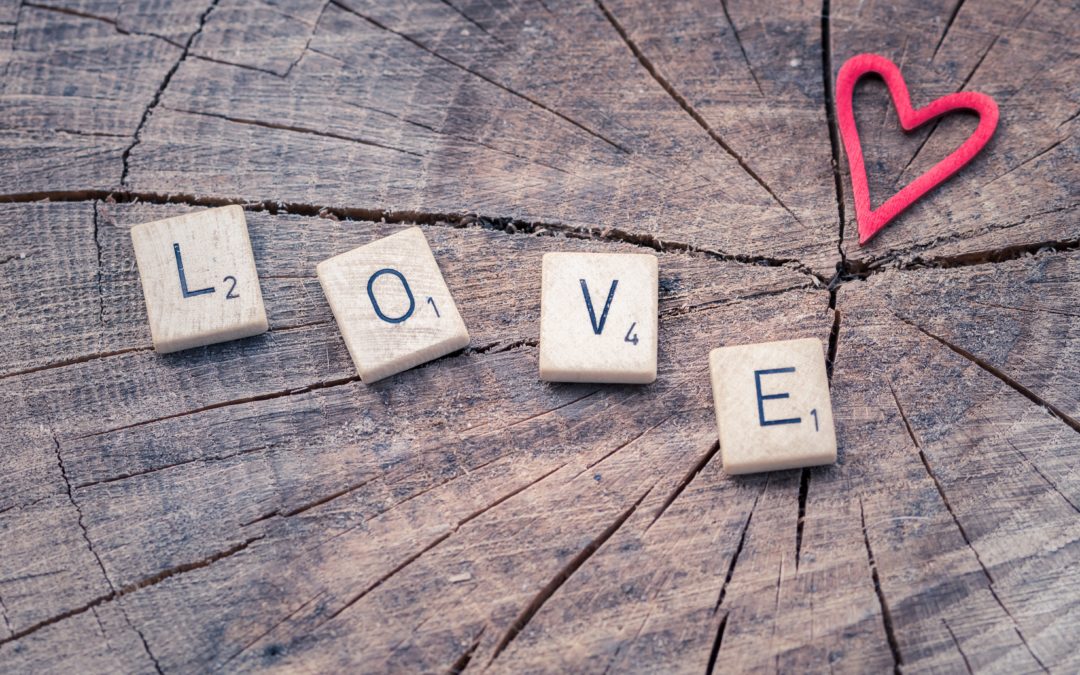We’ve chosen to lead off this post with the ‘plot-spoiler: We have come to define ‘unconditional love’ by five typical ‘conditions’ that need to be absent for the truth of love to have the best possible chance of being made manifest within and through the human condition:
- Love without demands;
- Love without expectations;
- Love without judgments;
- Love without fear; and
- Love in such a way as to have no regrets.
These may seem at once either impossible to achieve, or that they leave what is left in their absence to be (or at least feel) mundane–no fire, no spice, no seduction, no reward, no giddy excitement. What we have found is quite the opposite. In the absence of these conditions, true communication can be fostered, true trust can blossom forth, true surrender into love can occur, and true intimacy can be explored and expanded.
It’s easy to love conditionally. Most of us do it and don’t even realize it. Most people use love as a sort of power tool–a way of leveraging the other into giving us what we want. For still others, love is a bargaining chip: “If you do this for me, I’ll love you. If you don’t, I’ll withhold my love.” For others, it is a dance of seduction, and seduction is, at its essence, dis-empowering for one or both parties. All these forms of (. . . we don’t know what to call it, but it’s not love) relationship? trades-person-ship? collective bargaining agreement? are always more honoring of the self than the melding of individual parts. None of that is really love: it’s ego-borne illusions of empowerment.
It is possible to love unconditionally, but it takes awareness and discipline. In order to understand the true nature of Love, we have had to distill down to its essence; we have had to take good hard looks at that essential nature of love–the nature of the truth of love–and we have needed to honor both the illusions surrounding ‘typical’ love and the lies we are fed . . . as well as who exactly was propagating them, and toward what ends.
Bertrand Russell said that “It’s a healthy thing now and then to hang a question mark on the things you have long taken for granted.” We’ll talk later on about what we found delving deep into the ‘rabbit hole’ of love. In the mean time, it cannot hurt to ask yourselves what you believe the essence of love to you as well as from where (or from whom) you learned your ‘stories’ of love.

